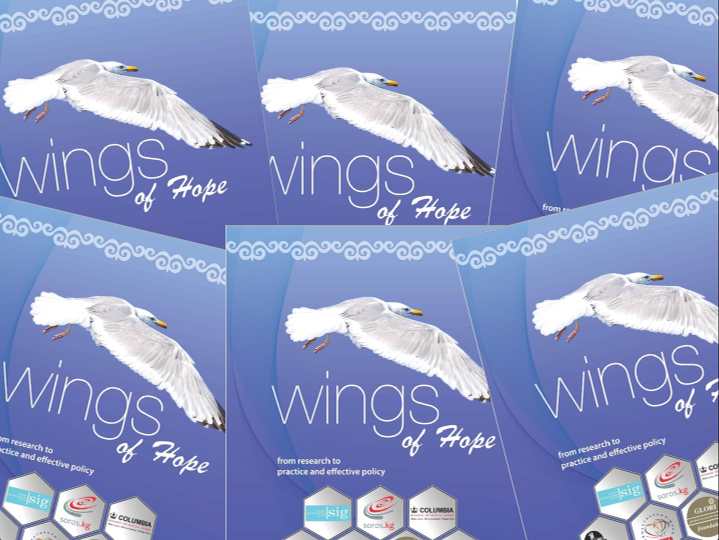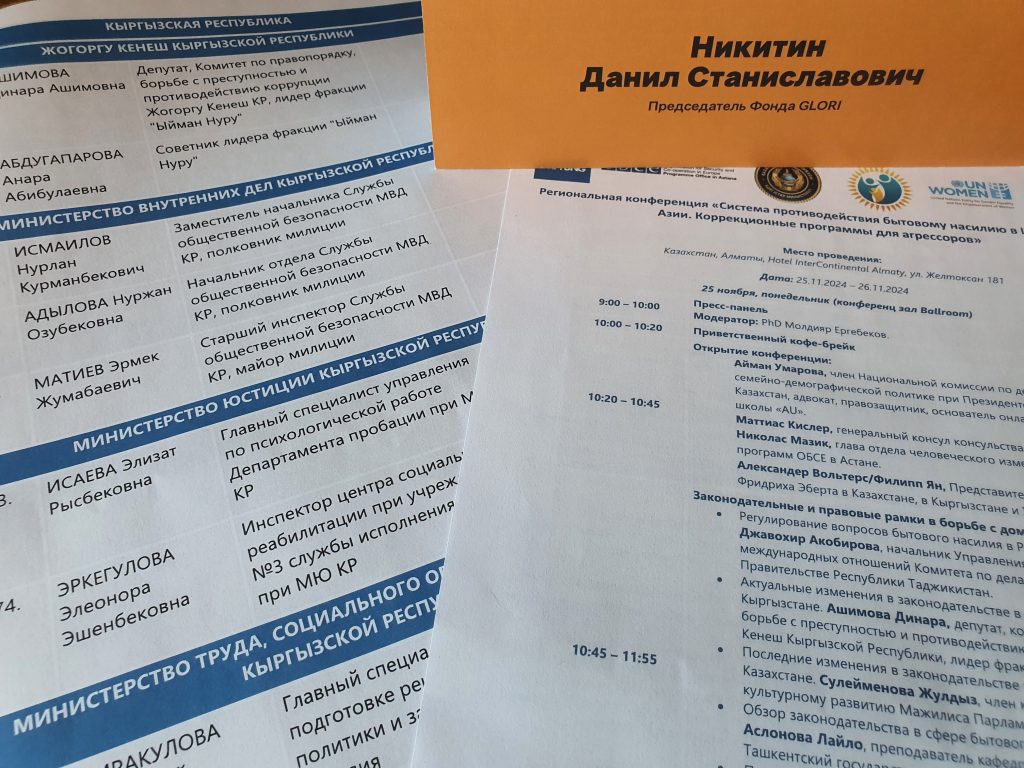
The motto of the international conference held in late November in Almaty was quite laconic: “Be a force for good!” The event took place during the 16-day campaign against gender-based violence. “16 Days of Activism against Gender-Based Violence” is an annual international campaign that begins on November 25, the International Day for the Elimination of Violence against Women, and continues until December 10, Human Rights Day. The campaign was founded by activists at the first Women’s Global Leadership Institute in 1991 and continues to be coordinated annually by the Center for Women’s Global Leadership.
The guarantee of fundamental human rights, including the right to life, liberty and security of person, is enshrined in the Universal Declaration of Human Rights and the International Covenant on Civil and Political Rights, to which Kazakhstan, Uzbekistan, Kyrgyzstan and Tajikistan have acceded. These commitments assume further protection of citizens from all forms of violence, including domestic violence, and require states to develop effective mechanisms to prevent and respond to cases of violence. This includes further engagement of the law enforcement officers who are in immediate contact both with the violence survivors and the violence perpetrators due to the nature of their profession.
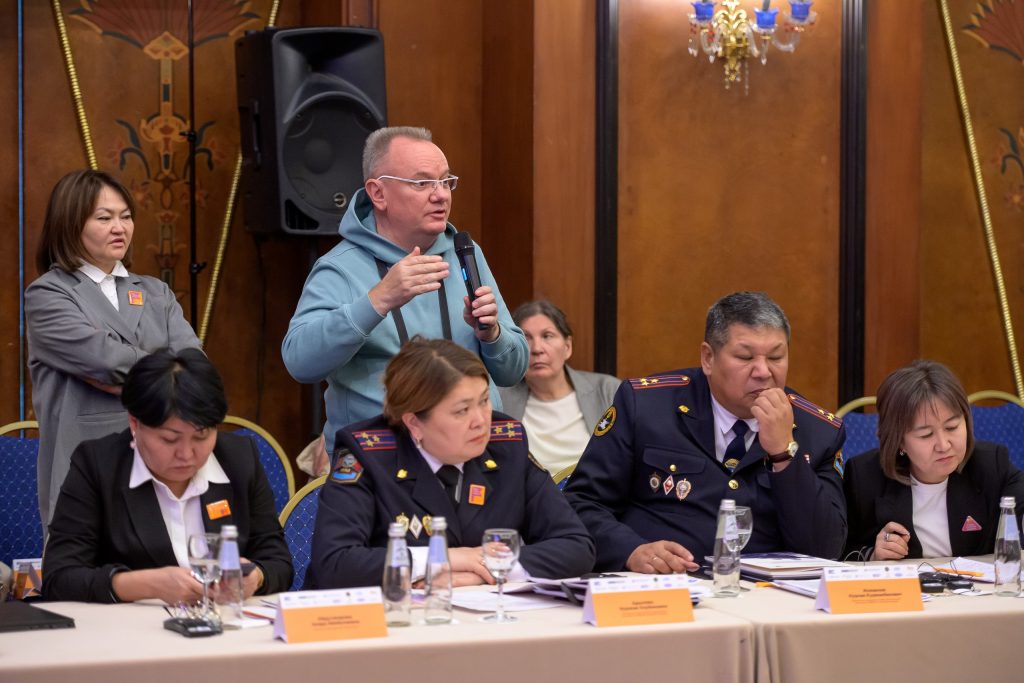
The conference appeared an effective platform that brought together politicians, parliamentarians, innovators, representatives of government bodies, international organizations, the non-governmental sector, the scientific community and experts from Central Asia and Germany. Participants of the conference managed to exchange best practices and create new cooperation practices in the pursuit of gender equality.
The sessions outlined key trends, achievements and challenges in the region, and made specific proposals on protection from domestic violence based on the principles of inclusiveness.
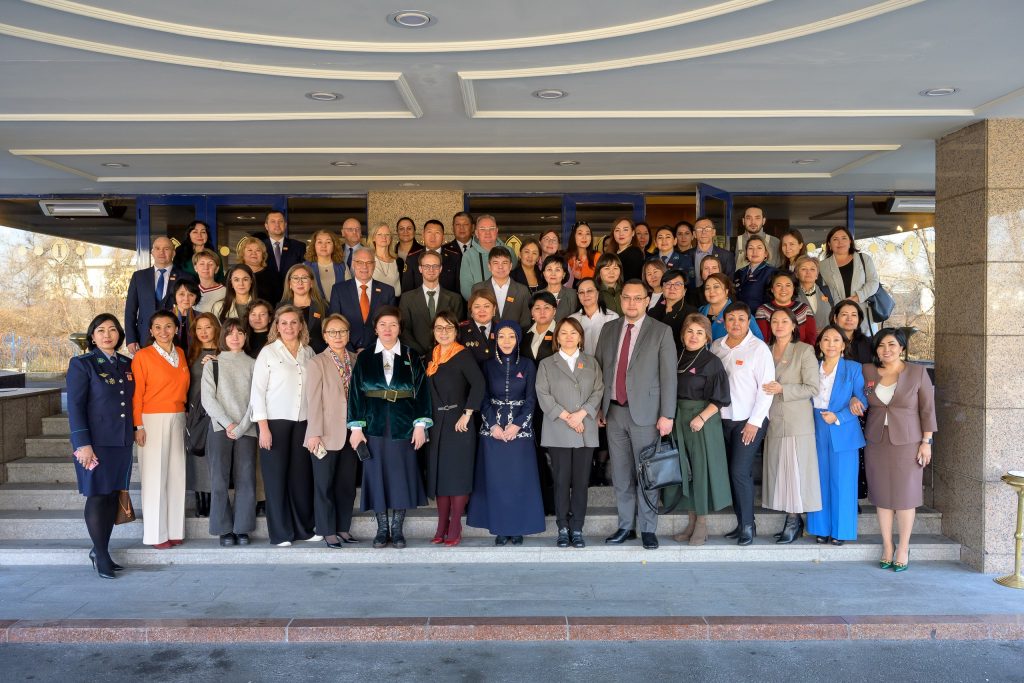
The consequences of gender-based violence are serious, affecting the physical, mental and sexual health of women and girls. It affects women throughout their lives and is a leading cause of injury, disability and death among women, as well as negatively impacting the health and well-being of professionals providing services to affected women and girls. When providing assistance, a systematic approach is important, so it is important to develop and implement national standards for correctional programs, taking into account the best international practices, as well as to use evidence based risk assessment tools to prevent repeated cases of violence like Ontario Domestic Assault Risk Assessment (ODARA). Presentations and workshops focusing on this tool, demonstrated it’s effectiveness and applicability, as well as need for further adaptation and adjustment to country context.
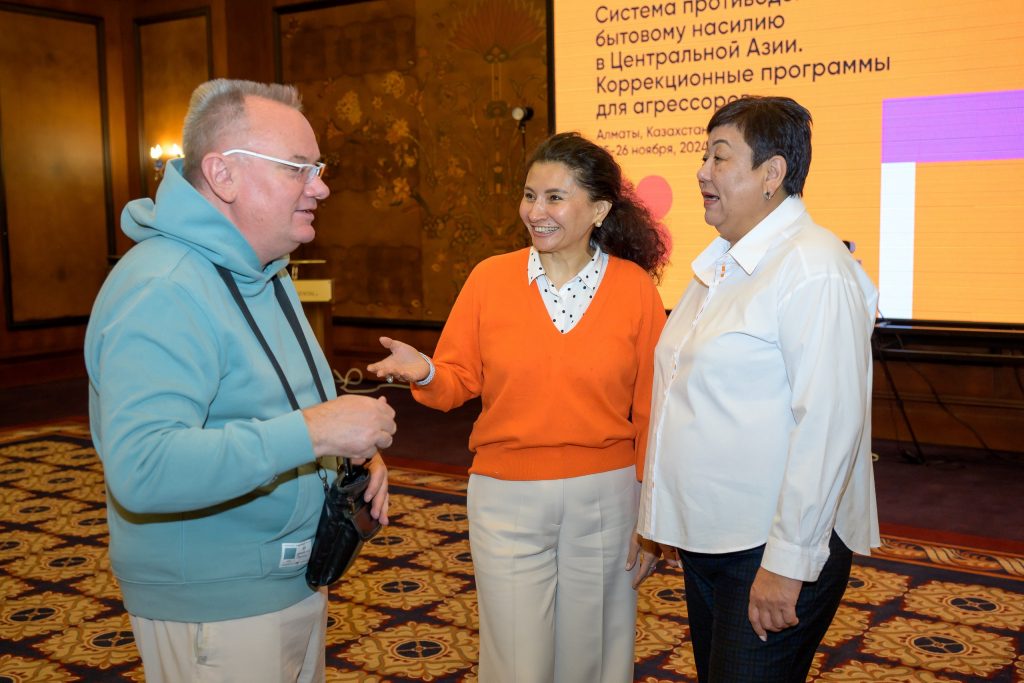
As a part of the conference, colleagues from the Kazakhstan office of the Global Health Research Center of Central Asia and the Center of Scientific and Practical Initiatives shared information on the work on the implementation of an intervention model for the prevention of gender-based violence among key groups in the Republic of Kazakhstan. In Kazakhstan, the project is called UMAI, named after the highly revered female deity, the benevolent patroness of children and women.
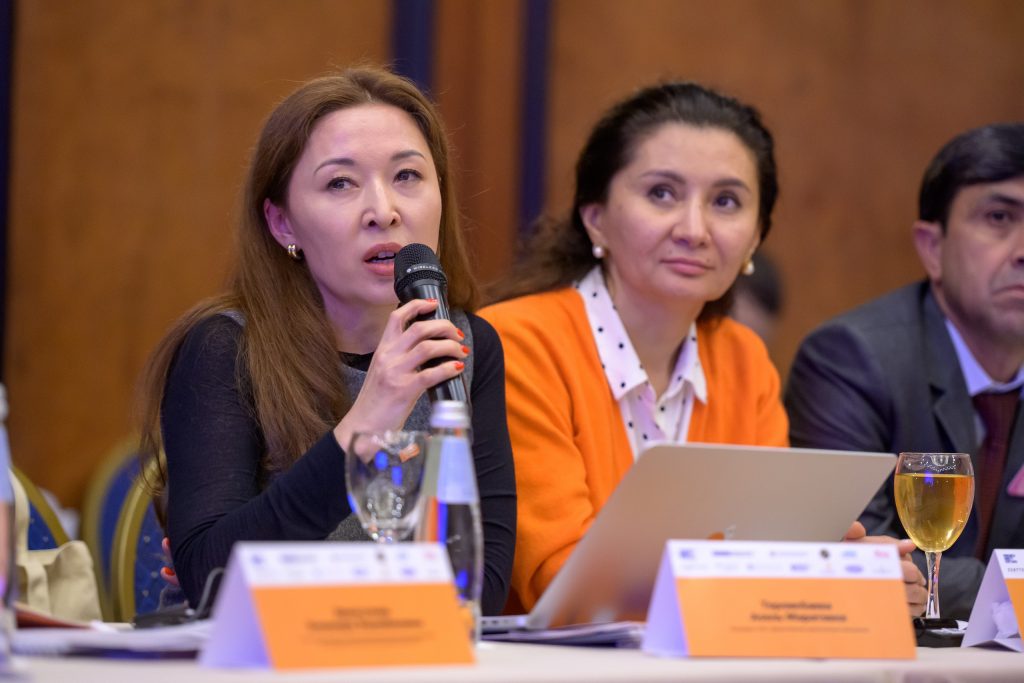
The UMAI builds on WINGS methodology that effectively combines the chain of basic components: a short educational course, with the help of which a woman is explained the specifics of a particular type of gender-based violence, determining her level of victimization, i.e. screening her to determine her risk of becoming a victim of violence, motivating and working to improve her psycho-emotional state and social integration, creating a safety plan, referring her to appropriate service providers, setting goals for the near future, and providing the opportunity to be tested for various infections with mandatory gender-specific counseling. In English, this complex is called SBIRT, or Screening, Brief Intervention, and Referral to Treatment. All intervention components are equally important, they all require a lot of attention and are applied in strict sequence. Individual work is carried out with each woman; our psychologists and facilitators explain the concept of violence, types, differences, so that the woman clearly understands the terms that will be discussed during further meetings. The woman and the facilitator must be “on the same page” regarding what is black and what is considered white, only in this case the entire ladder, carefully built within the framework of the project, will be effective. The English acronym WINGS, consonant with the word “wings,” stands for Women Initiating New Goals for Safety. The intervention was originally designed and evaluated in the US by Dr Louisa Gilbert and her colleagues at the Columbia University Social Intervention Group with women who use drugs, and later successfully adapted and implemented in Kyrgyzstan, India, Georgia, Ukraine and Kazakhstan. WINGS has been translated into eight languages and is currently being widely used in six countries serving women from marginalized communities.
in Kazakhstan, they use a computerized version of this intervention, which allows a woman to independently go through all the stages from the screen of a smartphone or computer. In their computerized version, they do utilize interactive avatars, but there is no physical engagement of a facilitator, everything is designed for independent work.



















